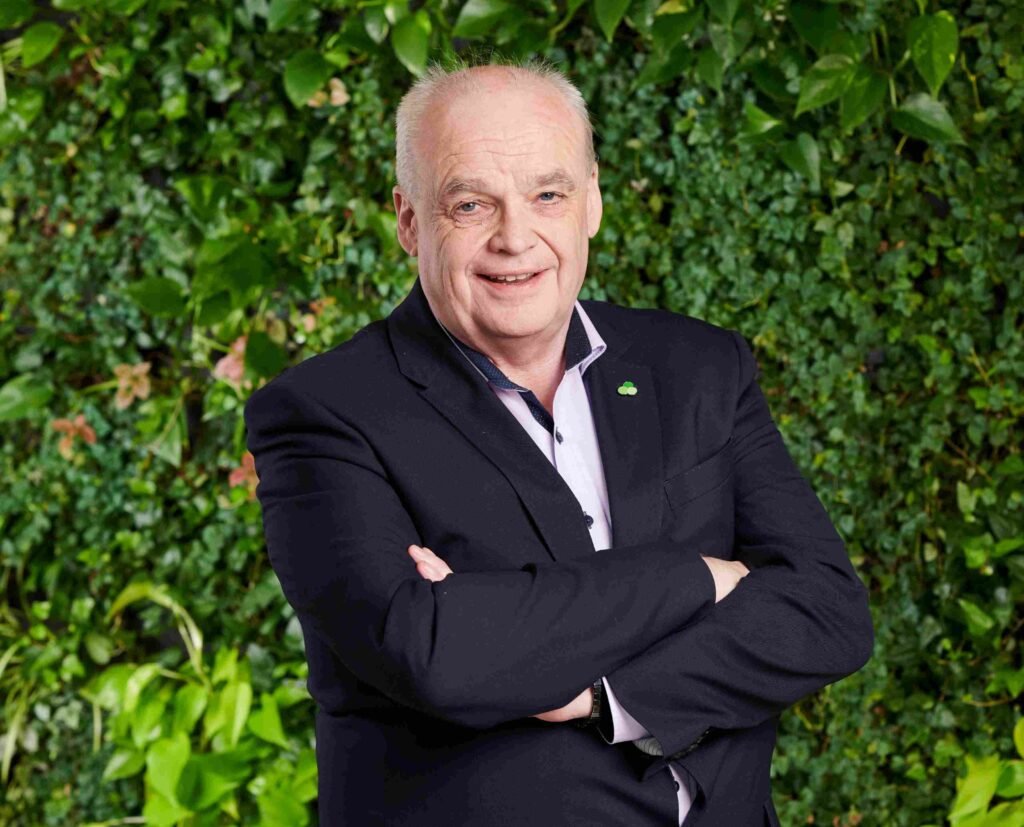In a modest corner of rural Taiwan, surrounded by dye houses and textile factories, UK-based start-up Alchemie Technology is piloting a project it claims will reshape the apparel industry and cut its carbon footprint significantly.
At the heart of this initiative is Endeavour, the world’s first digital dyeing machine, designed to tackle one of fashion’s dirtiest and most resource-heavy processes—fabric dyeing.
According to Dr. Alan Hudd, Alchemie’s founder, traditional dyeing involves submerging fabric in boiling water, consuming gallons upon gallons of water.
“To dye one ton of polyester, you’re generating 30 tons of toxic wastewater,” he notes.
This process, dating back 175 years, was first developed in England and eventually exported to factories in Asia, becoming an industry norm.
The World Resources Institute estimates that the fashion industry uses five trillion liters of water each year just for dyeing, contributing to 20% of the world’s industrial water pollution and depleting essential groundwater resources in some areas.
Additionally, textile production accounts for about 10% of annual global carbon emissions, according to the United Nations Environment Programme.
Endeavour offers an alternative. Inspired by inkjet technology, the machine rapidly fires billions of dye droplets onto and through the fabric, streamlining dyeing, drying, and setting into a single, short, water-efficient process.
Dr. Hudd explains, “What we’re effectively doing is placing a very small drop precisely onto the fabric, and we can switch these drops on and off, just like a light switch.”
The process saves up to 95% of water, reduces energy consumption by up to 85%, and is three to five times faster than conventional methods.
Following initial development in Cambridge, Alchemie is now testing Endeavour in Taiwan, where conditions mimic the real-world environments of apparel production facilities.
The company’s new chief of operations, Ryan Chen, a former textile manufacturing professional, explains that Taiwan offers the commercial scale the technology needs to reach industrial viability.
Alchemie isn’t alone in its quest for sustainable dyeing solutions. China-based NTX and Swedish start-up Imogo have developed similar low-water and heatless dyeing technologies.
NTX claims to cut water use by 90% and dye by 40%, while Imogo’s digital spray application method offers comparable environmental benefits.
Professor Kirsi Niinimäki, an expert in textile design from Aalto University, notes that while these innovations appear promising, more information on aspects like the dye-fixing process and fabric durability over time is needed.
Still, she believes companies like Alchemie could bring meaningful changes.
“If you’re able to use less water, that of course means less energy, and perhaps even less chemicals,” she says.
Despite the promise, challenges remain. Taiwan’s hotter, more humid climate has revealed that Endeavour requires air-conditioning for optimal operation, an important consideration for manufacturers in warmer regions.
Alchemie is also looking to expand, planning tests on cotton fabrics in South Asia and Portugal after its polyester trial in Taiwan.
However, scaling Endeavour for major fashion players like Zara’s parent company, Inditex, will be crucial.
With thousands of factories in its supply chain, a significant number of Endeavour machines would be needed to meet demand.
Also read: BBC Crime Drama Creator Nigel Mccrery Opens Up About Terminal Diagnosis
